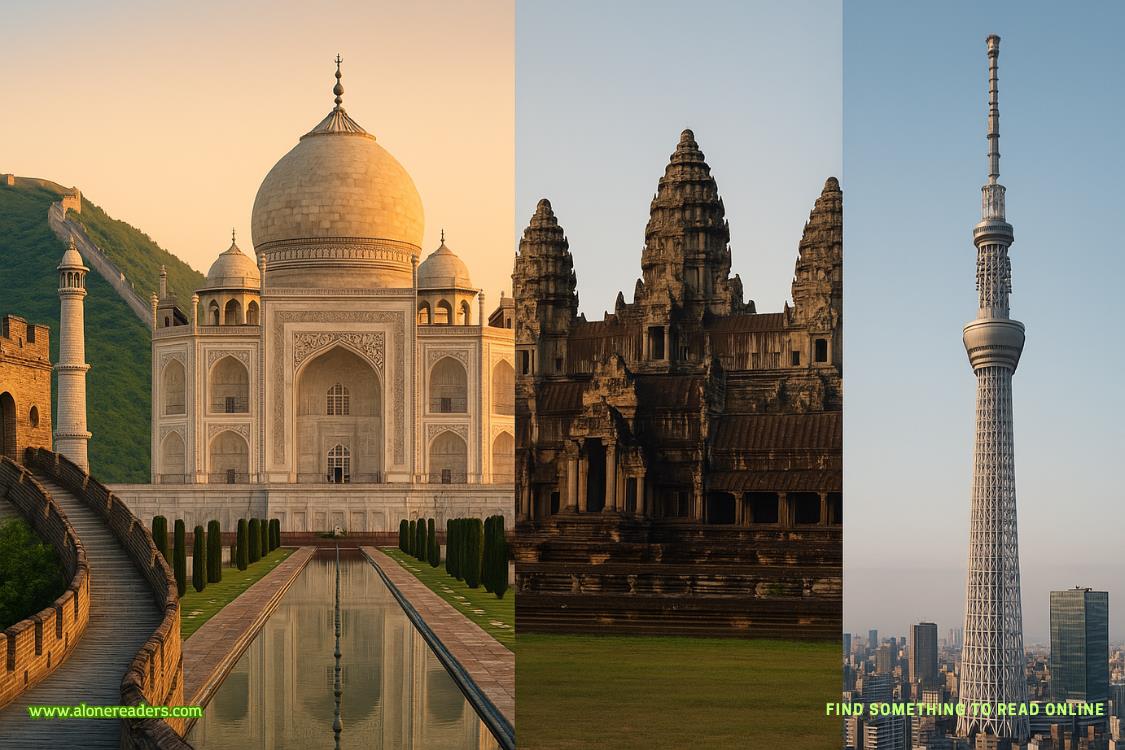Page 27 of A Resistance of Witches
“The first year it was little things,” she said. “Vandalizing posters. Slashing tires. Stealing road signs so the Nazis wouldn’t know where they were going, things like that.”
Lydia laughed. “You stole road signs?”
Rebecca shrugged. “It’s surprisingly effective. After that I joined a group that was doing more…active resistance.” She glanced at Lydia and saw that she understood. “I moved from place to place, went where I could do the most good. I wanted topunishthem. To make the bastards regret ever coming here in the first place.”
“And now you’re a regular Joan of Arc—outwitting the milice, smuggling guns and Englishwomen from the coast. That’s quite the step up from sign theft and petty vandalism.” There was a silent question in her tone:What happened to you? What did they take from you, that would make you willing to risk so much?
Rebecca glanced at the glasses case in her purse. The answer felt heavy on her tongue. She hesitated, then swallowed the words like a dry pill.
“What will you do, once you find your book?” she asked, cutting Lydia off before she could ask anything more.
Lydia looked strangely uncertain. “Take it to the academy, I suppose.”
“Will you try to use it yourself?”
Lydia looked as if she had never considered the possibility. “Of course not.”
“Why not?”
“It’s dark magic. Evil. We don’t do that sort of thing.” Lydia didn’t look entirely convinced by her own argument.
“It would save lives.”
“It wouldendlives, that’s what it does.”
Rebecca was quiet for a long time. “They would do it to us.”
“We’re not like them.”
“Maybe we should be.”
Lydia turned, surprised. “You don’t mean that.”
“I do, actually.”
Lydia stared. “I don’t think you know what you’re suggesting.”
Rebecca was suddenly furious with this stupid, naive Englishwoman, lecturing her on morality with such confidence. “You know what I think? I think you’ve only heard about war on the BBC. You’ve never seen it up close. You have no idea what it’s really like here.”
“That’s not true—”
“No? Have you had to watch little children starve to death? Have you watched innocent men and women shot like dogs in the street? Have you seen your entire family carted away like animals? These aren’t men we’re fighting, they’remonsters.They don’t care for our humanity, so why should you care for theirs?”
“We can’t become like them.”
“How many will die if you don’t? You could stop this war, but you won’t, because you have nothing at stake, and because you’re a coward. You’ll go back to London, and you’ll read your newspaper, and shake your head, and when you get tired, you’ll put it away, and you’ll think about something else. And we will still be dying.” Rebecca’s throat burned, but she would not cry.
“We’re dying, too, you know,” Lydia said, but all the conviction had run out of her voice.
Rebecca looked away. “Not like this.”
•••
It was lateafternoon by the time they reached Château de Laurier. The sun had begun to slip in the sky, and the air had taken on a new chill. Rebecca was tired and hungry, and eager to be rid of the uncanny Englishwoman once and for all.
“I appreciate your help,” Lydia said as the car came to a halt. Château de Laurier loomed before them. Time had peeled away the castle’s beauty, and water and moss stained the stones. The building cast a sad pall over the landscape, a dark smudge on the hillside.
Lydia stepped out of the car and pulled her bag from the boot, peering up as she stood in the shadow of the crumbling château.















